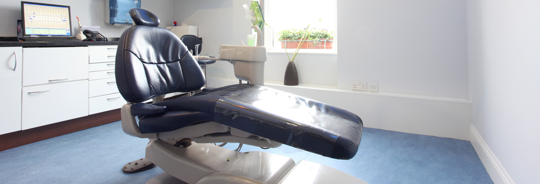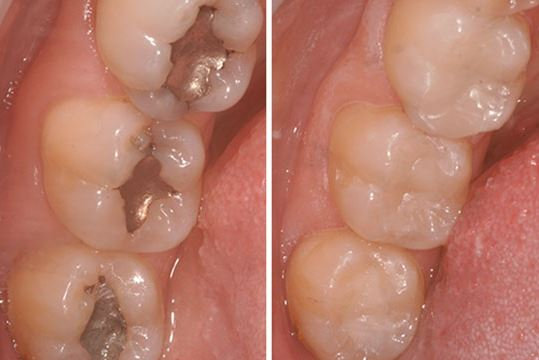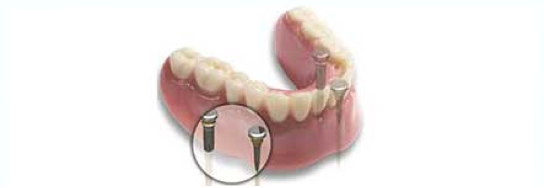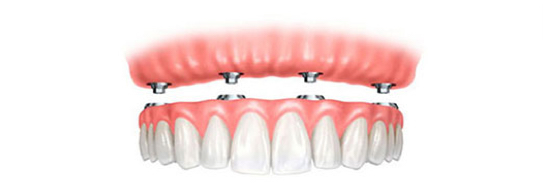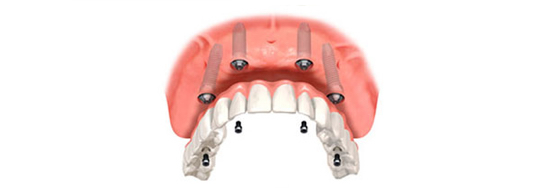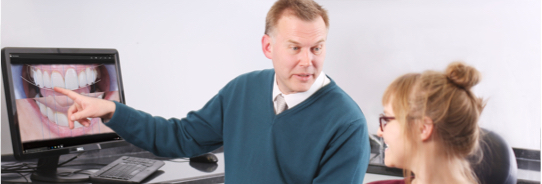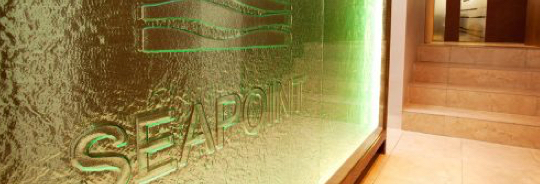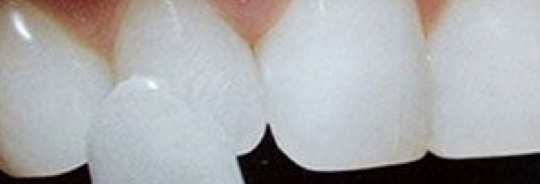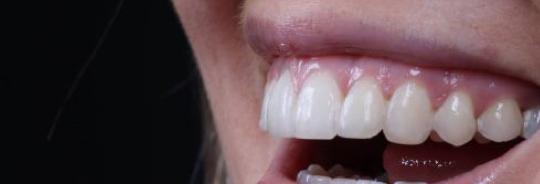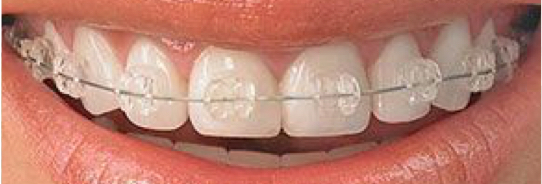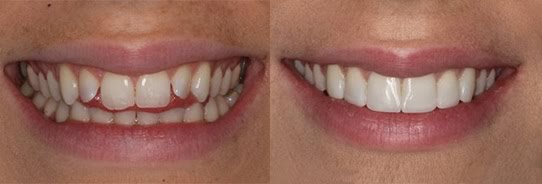
Blog
We post all the latest information here regularly so it's always up to date for you. If there is a topic you would like to have us cover please ask.
2 June 2017
What Can Cause Teeth Grinding & Clenching

On average, a person's teeth will only meet for a few minutes over the course of a day. This means that very little stress is placed on the muscles or tooth structure over the course of a day, meaning teeth can often last a lifetime. However, excessive clenching or grinding of the teeth for a prolonged period can mean the enamel wears off the teeth more rapidly, making for a shorter lifetime than normal. Once the enamel has been worn away, the process begins to rapidly increase as the exposed dentine is 700% softer than enamel. Excessive force can also lead to fillings, crowns being broken, often leaving nothing more than a stump in its place where the tooth used to be. In some cases, it is possible to prevent excessive grinding by wearing an appropriate dental nightguard, meaning you won't be able to wear away your teeth. Grinding and clinching of the jaw tends to occur during sleep, without people even realising. However, it can be the result of a subconscious habit, such as chewing pens or pencils, biting their lips or the inside of their cheeks.But just why does it happen
The exact cause as to why people grind their teeth is not actually known, but most people believe it stems from stress and feelings of anxiety, anger, pain and frustration. It tends to affect people who lead hectic lifestyles, are incredibly competitive or energetic by nature meaning they are more likely to grind their teeth. Sleep disorders can also stimulate grinding such as alcohol and recreational drugs.
"I come back every four months to see the hygienist…and everything is great at the moment. I’ve had quite a good experience at the Seapoint Clinic."
Mary, Dublin
The Long Lasting Damage
When we chew food, extremely strong forces are applied to the teeth. However, when people grind their teeth without food, the force is doubled. This can lead to all sorts of long term damage such as cracked enamel, worn down teeth, gum recession and hairline fractures. Teeth grinding may also cause dull aches and soreness in the facial muscles and jaw, earaches and headaches on waking in the morning. Over the course of time, grinding can cause teeth to become sensitive or in many cases start to move, meaning the alignment of the jaw may fall out of balance.
How To Tell If You're Grinding Your Teeth
As it tends to occur at night, many people who suffer from teeth grinding aren't even aware they are grinding their teeth at all. Occasionally a partner might notice a strange noise at night or by regularly scheduling checkups with your dentist, they can spot where damage has occurred to teeth and gums. There are symptoms to look out for:
- Teeth marks on tongue
- Tips of the teeth have become flatter
- Headaches/earaches on waking
- Jaw or facial pain
- Increased sensitivity in teeth
It's paramount should you suspect you may be grinding your teeth, to schedule an appointment with your dentist. The sooner the better, as your dentist can immediately tell if there is an issue. By regularly scheduling checkups, you can prevent any further damage and be advised on possible solutions such as tooth coloured fillings. Other alternatives may include wearing a nightguard to prevent you from grinding your teeth at night. The majority of people who suffer from grinding their teeth tend to be under immense stress, so it's important to discuss any issues with your local GP as well as family and friends. Dealing with stress may help reduce the amount of grinding immensely. Be sure to get a good night's rest and try various methods of relaxation to treat any underlying stress. A simple bath, listening to music, yoga, massage or even reading a book can all help.


